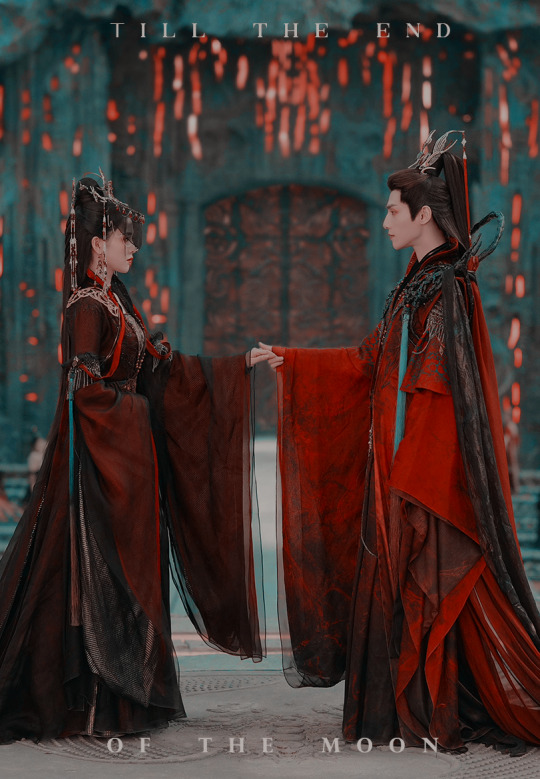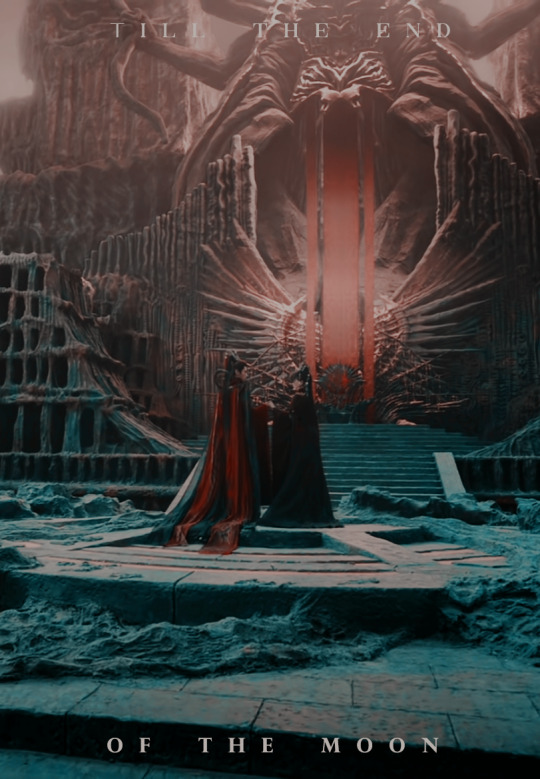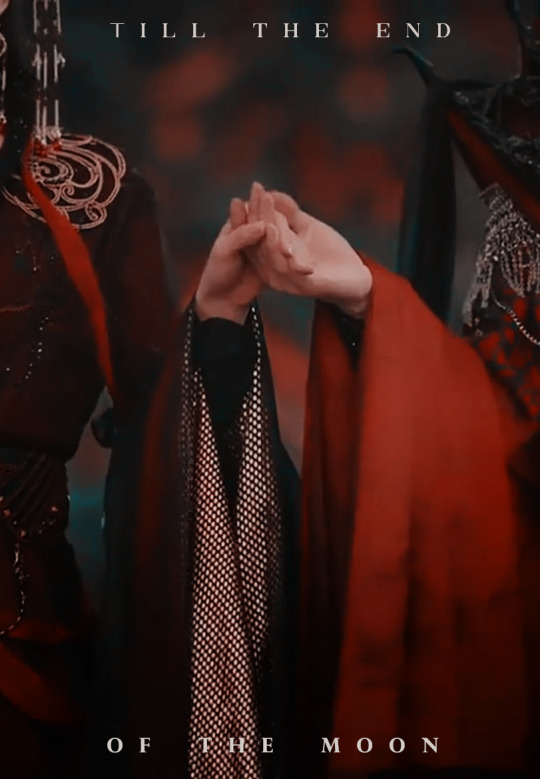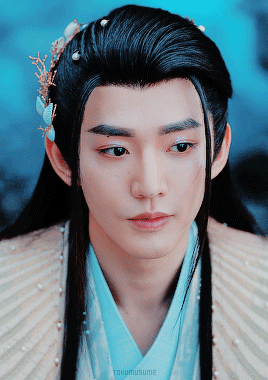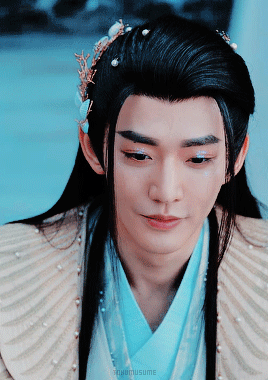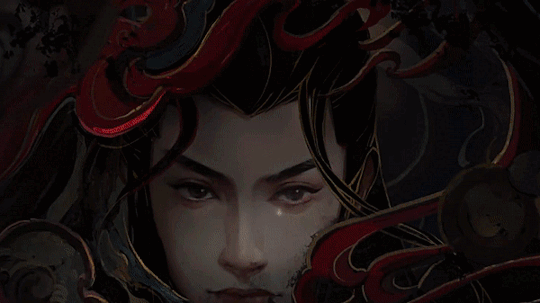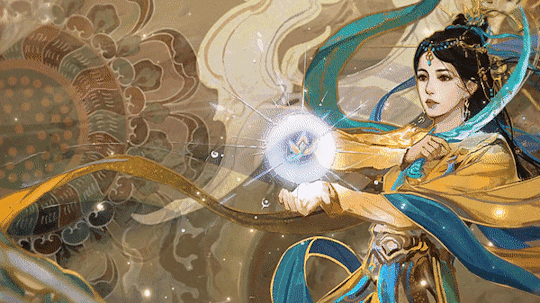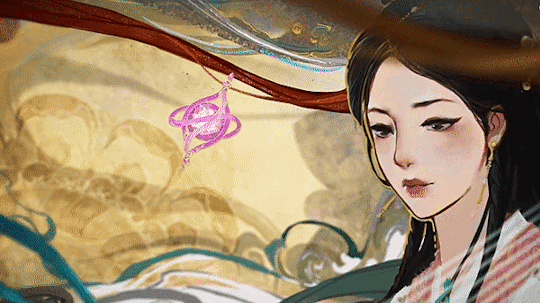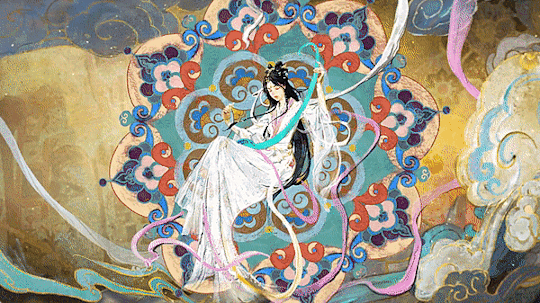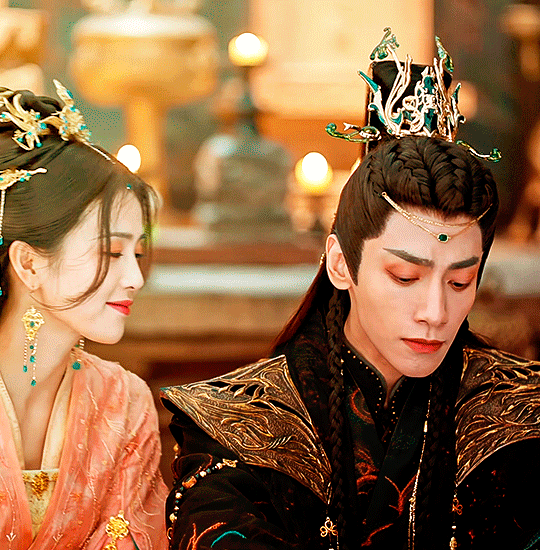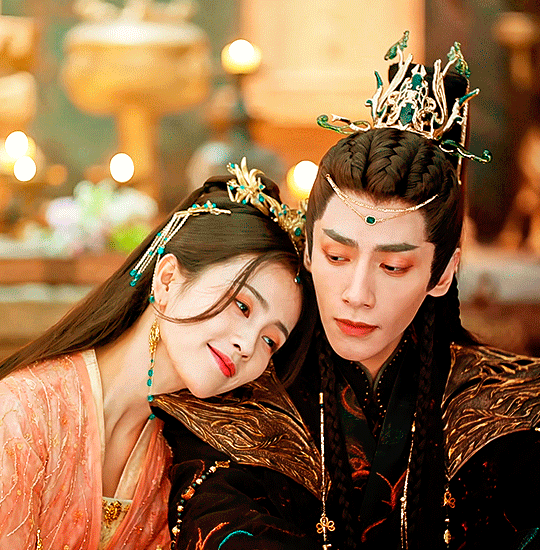jun, 22, enfj. yes im a weeb who loves makoharu, 19 days and many more
Don't wanna be here? Send us removal request.
Text

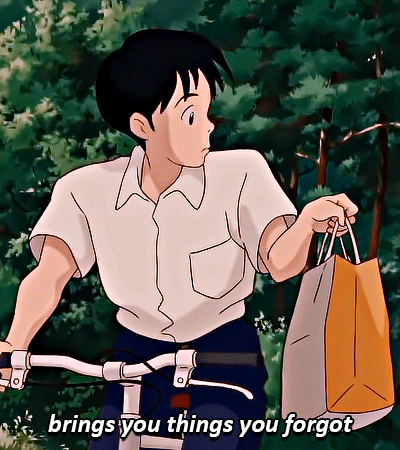

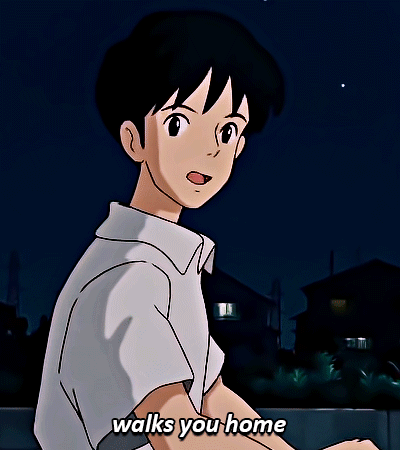
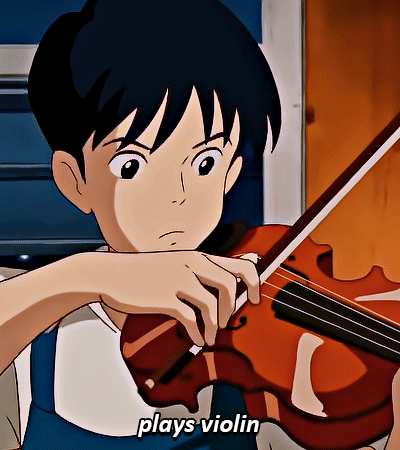
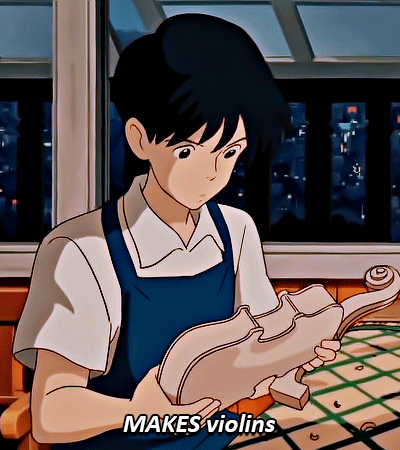
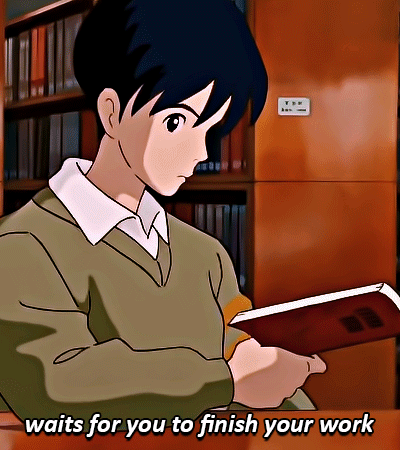
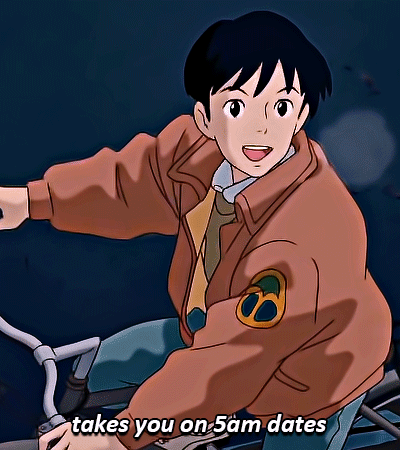
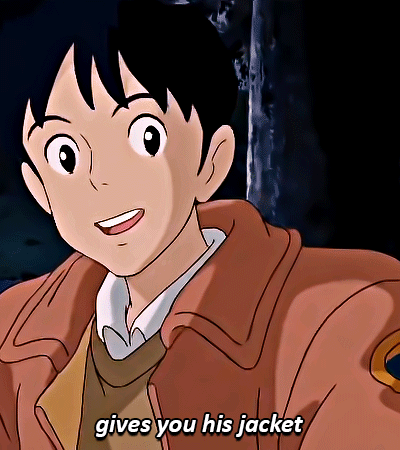
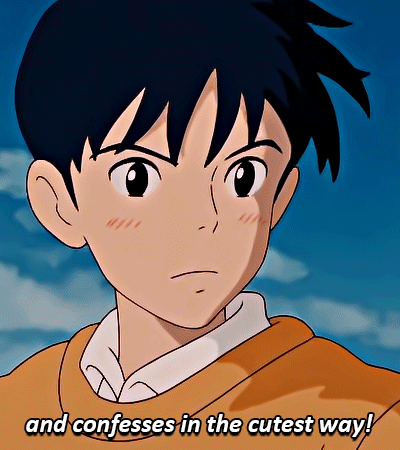
why amasawa seiji is perfectᵀᴹ
for @joshuas ♡
3K notes
·
View notes
Photo



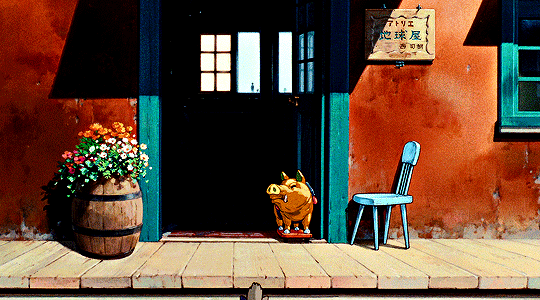



When the afternoon air currents mix, we can even touch the stars without fear!
Whisper of the Heart 耳をすませば 1995 | dir. Yoshifumi Kondō
2K notes
·
View notes
Text
lets keep going for a long time,
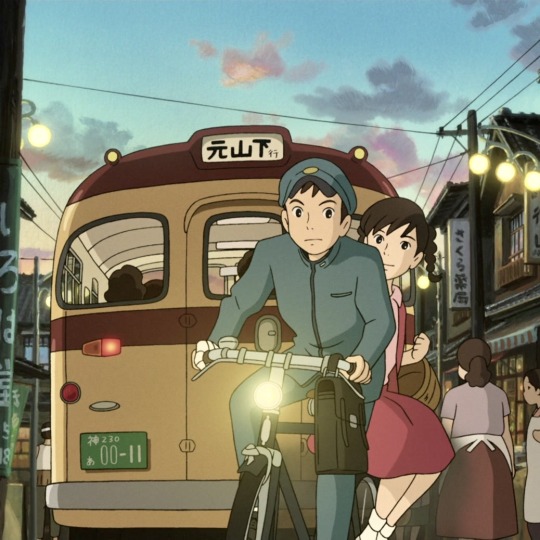
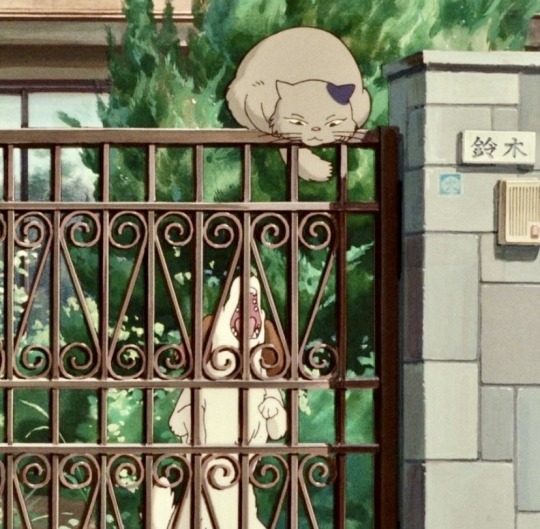
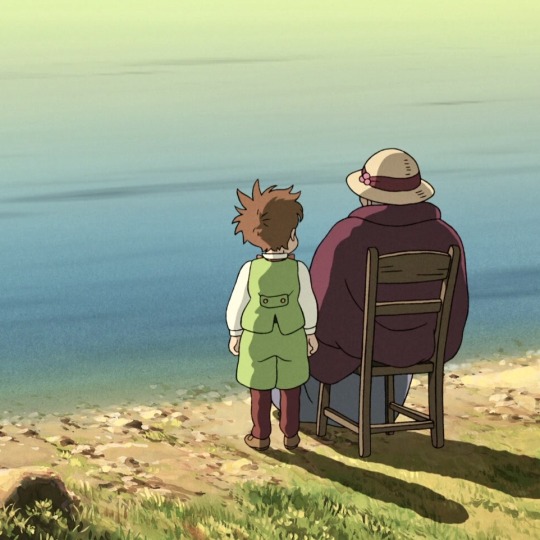
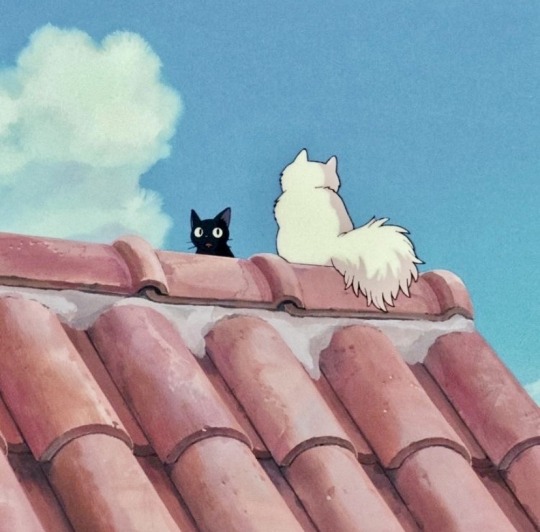
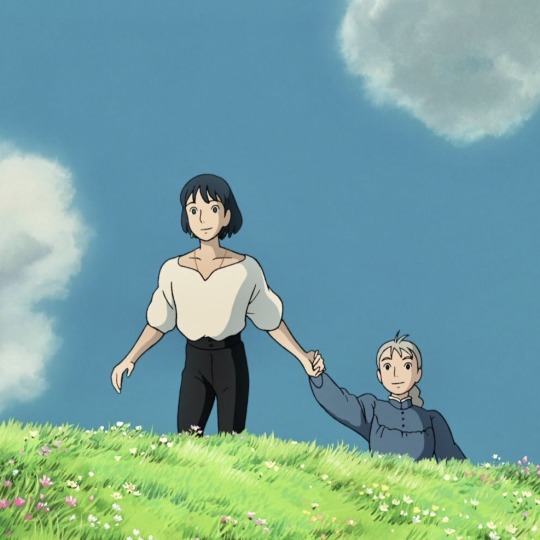
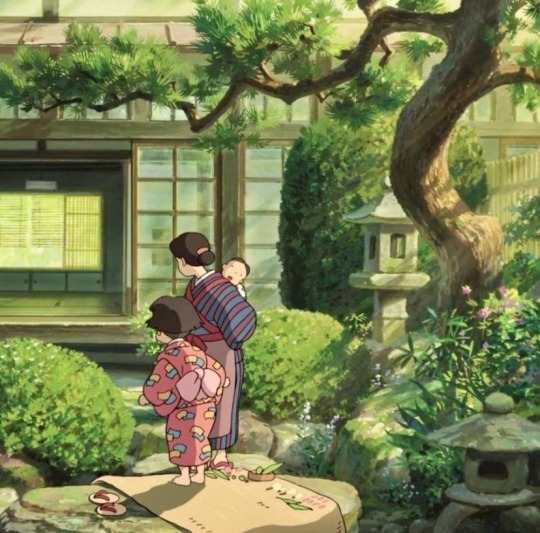
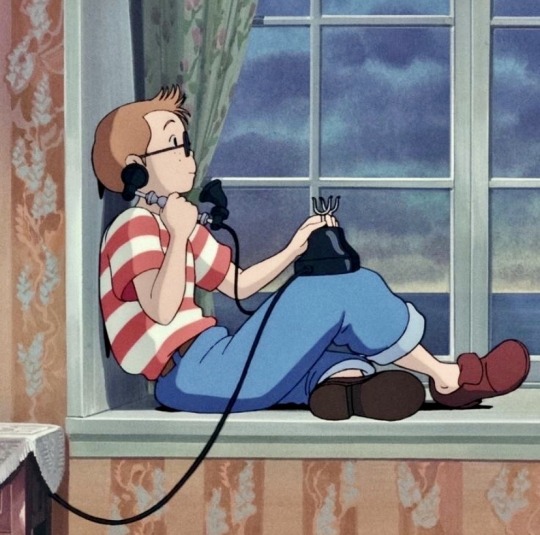
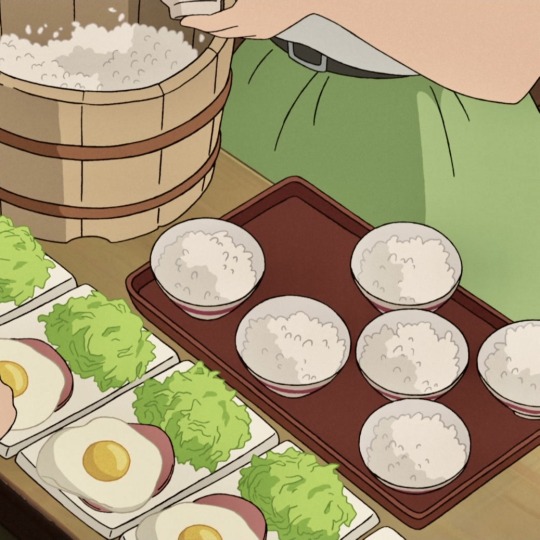
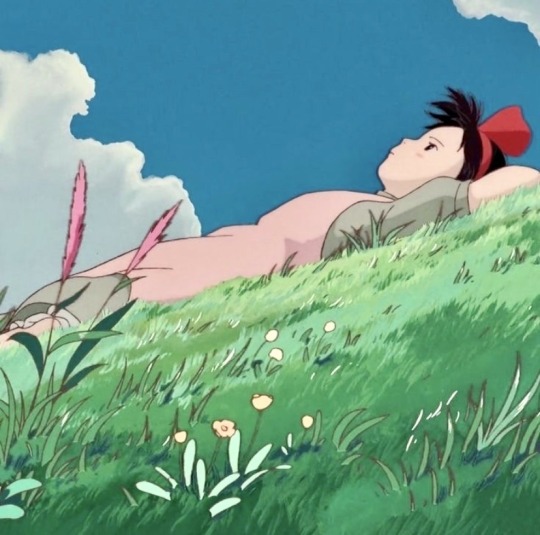
I only have you.
5K notes
·
View notes
Text
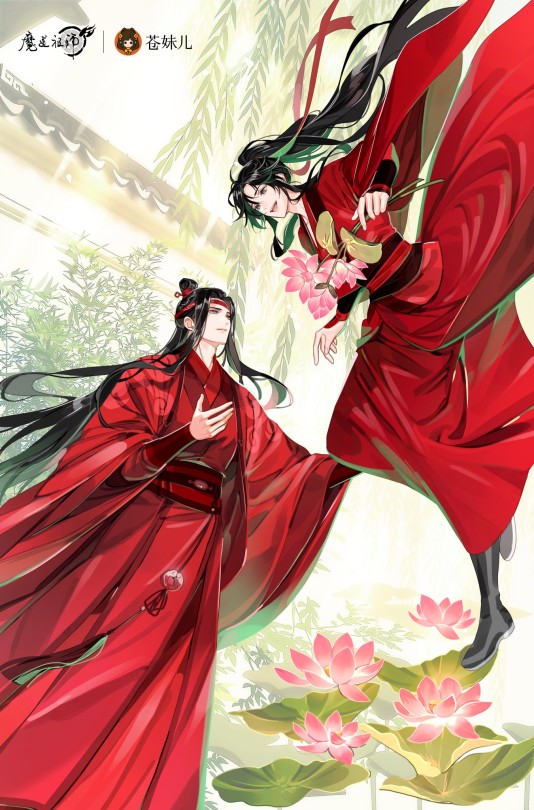

mdzs official weibo and qingcang cangmeier new merchandise! 💙❤ illustrations by: GEAROUS
"If he catches me, I'll..." 😭💙❤
1K notes
·
View notes
Photo






TILL THE END OF THE MOON 长月烬明 — 2023, dir. Kuk Kok Leung
305 notes
·
View notes
Photo
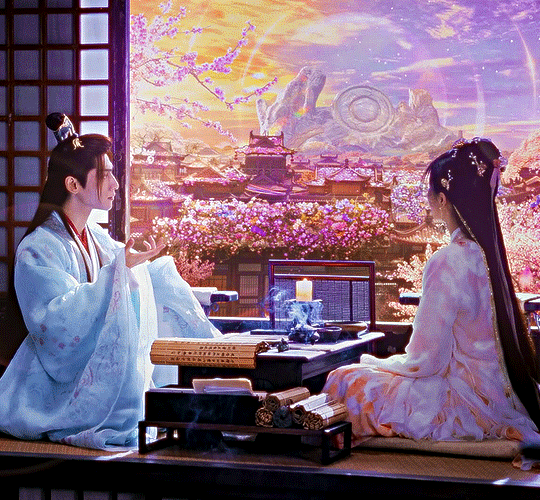


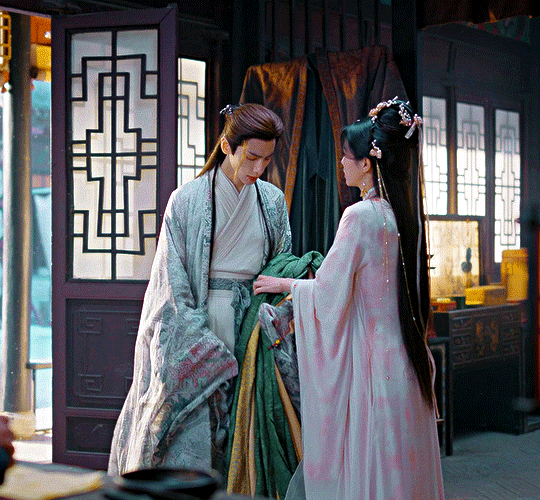


TILL THE END OF THE MOON 长月烬明 — 2023, dir. Kuk Kok Leung
468 notes
·
View notes
Photo
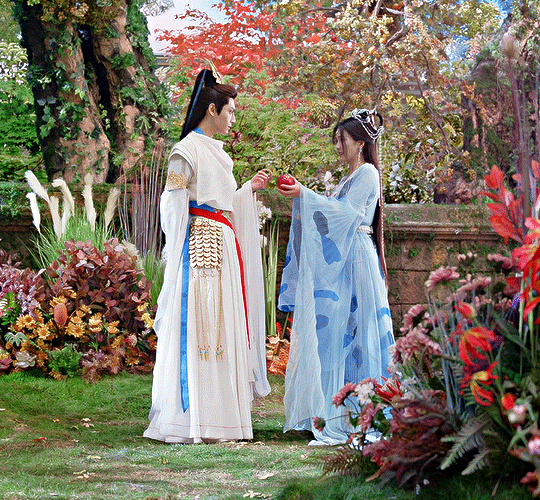
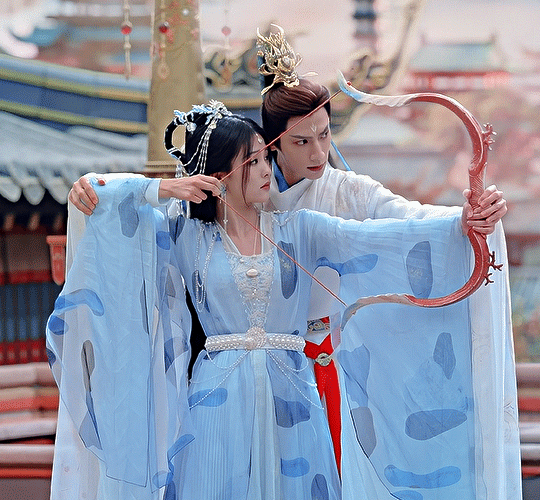
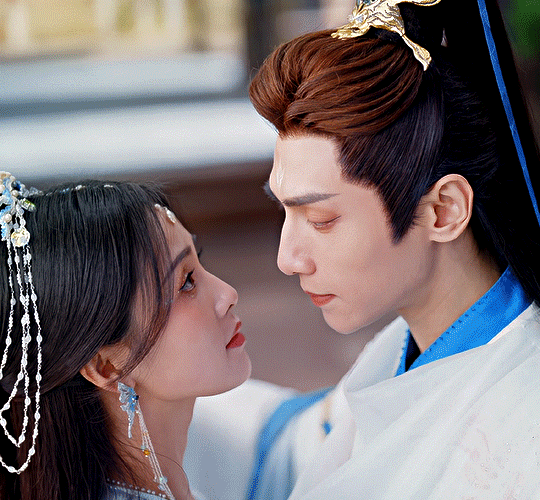
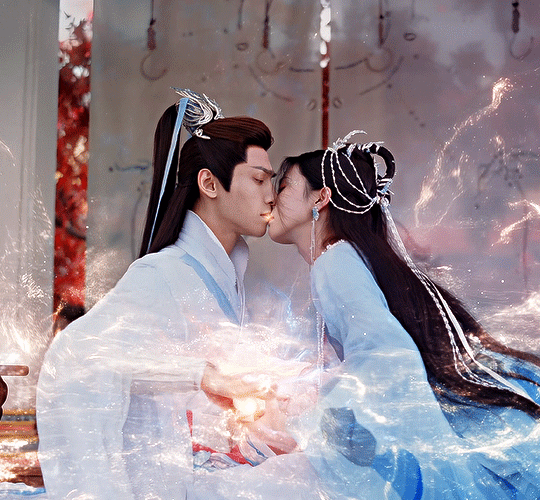
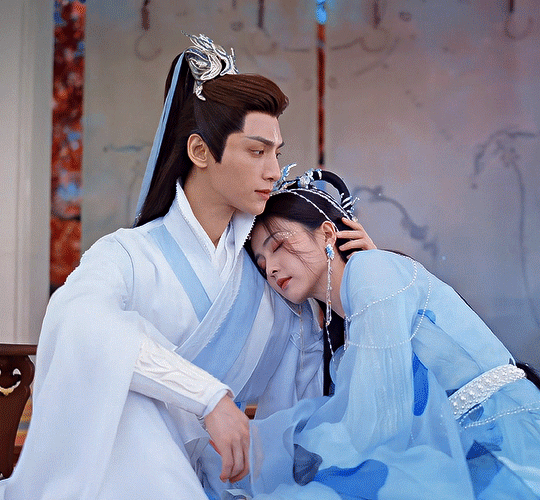

TILL THE END OF THE MOON 长月烬明 — 2023, dir. Kuk Kok Leung
502 notes
·
View notes
Photo

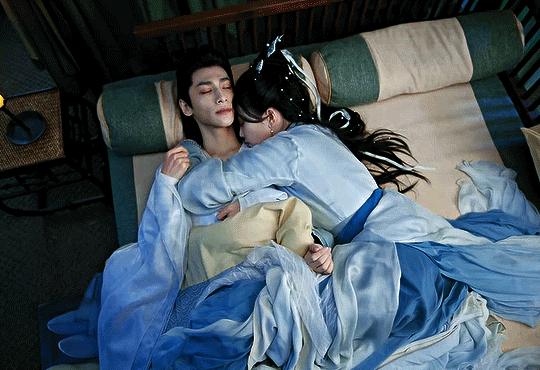
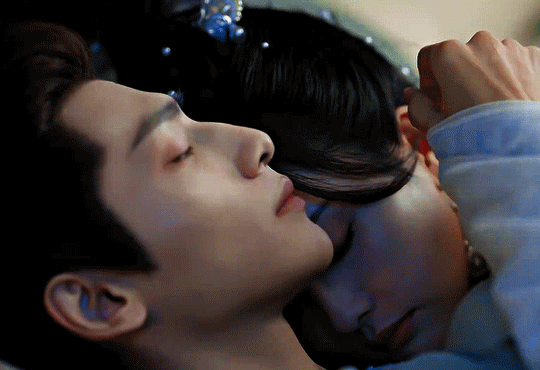

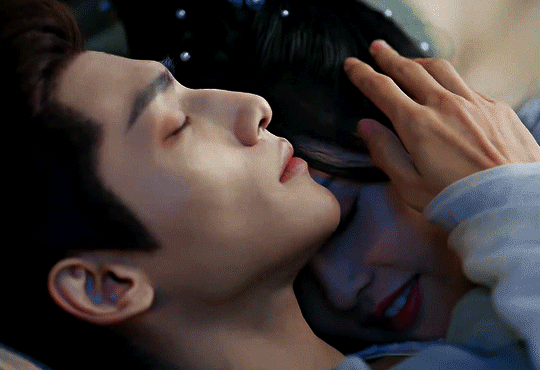
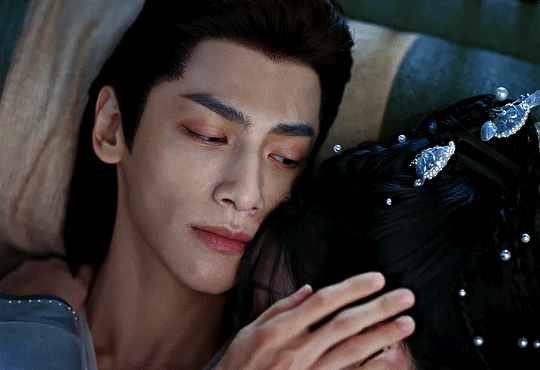

TILL THE END OF THE MOON 长月烬明 — 2023, dir. Kuk Kok Leung
1K notes
·
View notes
Text









Tantai Jin hates people lying to him, so he never lies 🙊
304 notes
·
View notes
Text
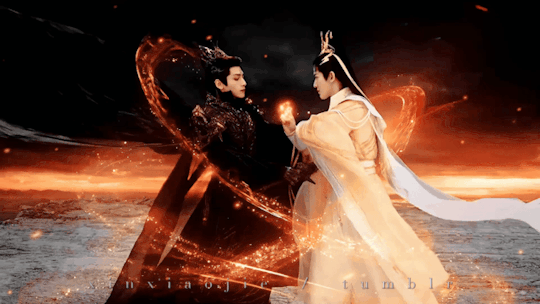
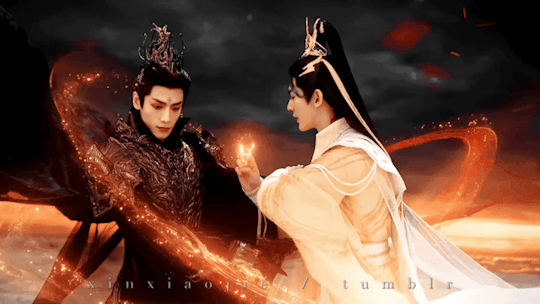
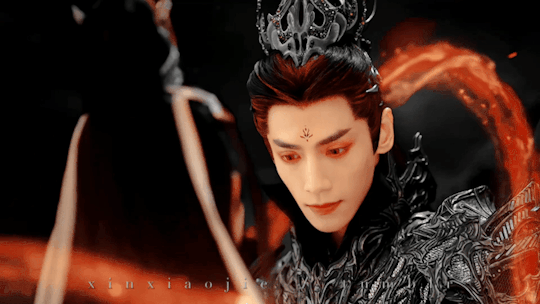
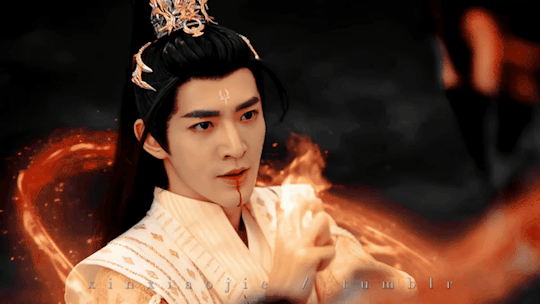


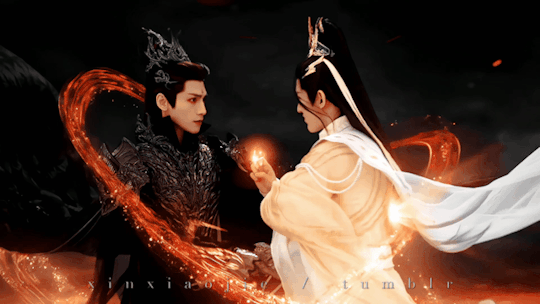
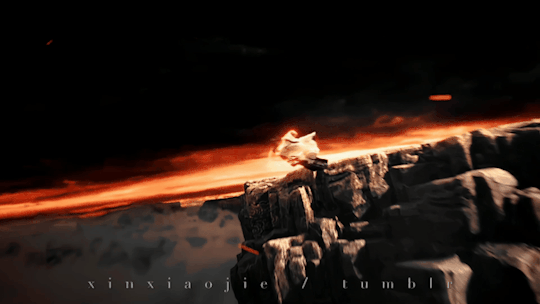
I sometimes think that without these unwanted people, perhaps, you and I could be brothers. It's a shame, we are fated to be enemies. ⸺

332 notes
·
View notes
Text
Till the End of the Moon: Unconventional Enemies to Lovers
A few months ago I posted my own personal thoughts on enemies-to-lovers that don't cross my own personal red lines. Since then, I enjoyed watching the absolutely next-level cdrama TILL THE END OF THE MOON, which is a uniquely complex and delicious take on the enemies to lovers trope which goes way harder than any other ETL I've ever seen. In this post I'd like to break down how TTEOTM addresses each of my points in turn, and I think this will highlight two unique features of this story: the wonderful complexity of the characters' alignment between good and evil, and the way that the ending, while flawed, unconventional and not completely satisfying, nevertheless makes a certain amount of dramatic sense.
In case that wasn't obvious right away, SPOILERS AHEAD.
Remember that evil is not misunderstood.
This point is about keeping your moral categories straight and not treating something genuinely problematic as though it's just a misunderstanding. One of the really fascinating things about TILL THE END OF THE MOON is that you couldn't quite call Tantai Jin either evil OR misunderstood. Instead, he's a complex mixture of both - a man who uses demon magic, wears black, and tends towards vengeance and mayhem when he feels attacked, yes, but who deep down very profoundly just needs to be loved. The show proves this over and over. Tantai Jin only acts out when he feels threatened or betrayed, when his belief that no one will ever love him is validated by the actions of those around him. On the other hand, when people show love towards him, he responds with wary but genuine trust, affection, and self-sacrifice. Our heroine Li Susu and others are quick to misunderstand Tantai Jin, but this is mainly because of the sinister vibes that surround him on account of him being picked out as the Devil God's future vessel. So, is he evil or misunderstood? He's a bit of both, and the really delightful thing about this show is that it does a beautiful job of keeping its categories straight, resolving misunderstandings quickly but doing the hard yards when it comes to addressing Tantai Jin's propensities towards vengeance.
Enemies doesn't need to mean hatred or toxicity.
Every romance needs reasons for the characters to love and trust each other, despite the things that are keeping them apart. TILL THE END OF THE MOON, again, takes a super complex approach to this point as well. Both Li Susu and Tantai Jin have incredibly mixed feelings towards each other. Li Susu deeply hates the Devil God and throughout the show, the major obstacle standing in the way of her learning to love Tantai Jin is her hatred of what she believes he will one day become. This provokes her to whip him, betray him, and plan his death. But she also sees very clearly that Tantai Jin is a pitiable outcast who has only ever known hatred and suffering. When she defends him, he quickly warms up to her. Tantai Jin, meanwhile, has heard Li Susu's vows of undying hatred and hostility, but has no defences against her practical acts of kindness and self-sacrifice. When she starts telling him that she loves him, he believes it because he so desperately wants to. Then, when she betrays him, his hostility is born of desperation: he thinks her cruel and heartless for toying with him. And when she comes back to him, he's so desperate for her love that he accepts her without reservation, making himself wholly vulnerable. Is there hatred between these two? Undoubtedly. But it's allied with an equally irresistible love and compassion. Like all the best enemies-to-lovers stories, and more than most, TILL THE END OF THE MOON gives the characters a choice between a hatred that will destroy them and a love that can heal them.
Remember that ETL is a fundamentally transformative relationship.
Normally what I mean by this is that enemies-to-lovers will usually involve a profound character arc for at least one of the characters, often from evil to good. TILL THE END OF THE MOON tackles this particular element with incredible complexity. When Li Susu gets to know Tantai Jin, he's cunning and manipulative, but just trying to survive. The two of them embark on a deeply transformative journey, but it is nothing so clear-cut as a journey from villainy to goodness or vice versa. Tantai Jin flirts with villainy before ultimately drawing away from it. By the time he actually does ascend to become the Devil God in the final quarter, it isn't because he's become evil - rather, he's playing the long game, positioning himself and Li Susu to destroy the Devil God once and for all. The important part of Tantai Jin's character arc is learning to accept love from himself and from people around him, to the point that he no longer responds to perceived rejection with vengeful rage. Similarly, the show also brings Susu to a point where she is able to let go of her deap-seated fear of the Devil God. By the end, she has become able to trust her beloved and make herself vulnerable to him even AFTER he's become the Devil God - a truly incredible arc.
I've heard a lot of people saying that the show TTEOTM differs from the book TTEOTM sharply in that Show!Tantai Jin is much less of a villain than Book!Tantai Jin. Normally, this would impair my enjoyment - I'm usually the one shouting at the screen to LET your baddie be a baddie, for heaven's sake. Not having read the book, I can't actually compare the two, but I CAN say that I'm so impressed by how the show revels in shades of grey. Instead of simplifying the male lead's morality, the story allows it to be messy and complex. Neither Li Susu nor Tantai Jin can fit easily into good and evil categories. I appreciate this immensely.
The characters should be a match for each other, especially when it comes to power and to morals.
Similarly, I'm fascinated by how TILL THE END OF THE MOON treats Li Susu, our token "good" half of the couple. She's the Lady of Light, but in the midst of her crusade she's stubborn. She's cruel. She's vengeful. She spends SO MUCH of the story refusing to believe that Tantai Jin can defy fate, and when she meets him again after undergoing 500 years of suffering to find her, she still refuses to acknowledge that she is the woman who loved him, because she fears it will give the Devil God a new foothold in the world. Throughout the story she lies to him, betrays him, and wields or withholds her affection like a weapon. (This, combined with the long stretches of the show in which she is far more powerful than Tantai Jin, reverses a lot of common gender tropes in some really fun ways). In fact Li Susu is kind of terrible, and I love that for her and for the show because now it's not about a pure and good person suffering for the love of a villain - it's about two dark and deeply flawed people hurting each other equally. Similarly, Tantai Jin just isn't a villain, despite the aesthetics.
There doesn't need to be a HEA.
I don't think that every romance needs a happy ending - look at WUTHERING HEIGHTS. While it's imperfect, I don't think that TTEOTM has an unhappy ending per se. I trust that our boy is going to cultivate himself right out of that Heart-Guarding Scale. Tantai Jin and Li Susu definitely deserve their happy ending if any couple does - they've worked through their differences and are now totally vulnerable with and accepting of each other. However, it's fascinating that they don't quite get a HEA - or need to wait a long time for it - for reasons that actually sit pretty well with me. Namely, it was Tantai Jin's fatal flaw all along that he pinned all his sense of self-worth to Li Susu and couldn't face the thought of a life without her. This is that oddest of all things: a love story which cannot end happily until the hero is able to find love and security in people who are NOT the heroine. His feelings for Li Susu are not enough to cure him, because on the deepest level Tantai Jin still doesn't consider himself worthy of love and is willing to settle for whatever crumbs he can pick up off the floor. It takes the love of his shifu and sect brothers showing him that he is worthy APART from Li Susu, before he can learn to be healthily in love WITH her. By the end, it is this acceptance of himself and all the love shown by people who are NOT Li Susu, which enables Tantai Jin to consume the Devil God rather than to be consumed BY him. It is this which gives him the strength to accept death at Li Susu's hands without seeking to avenge or defend himself, and Li Susu the ability to trust him enough to follow through with it. Again, this is an incredibly complex take on a standard romantic scenario.
Love should be what the villain needs - but not what he wants.
What I mean by this is that if the villain is driven to villainy primarily in order to possess the heroine romantically or sexually, he ought not to get her. But TTEOTM is much more complex than, say, LOVE BETWEEN FAIRY AND DEVIL*, in which Orchid represents the moral growth the Evil Overlord needs rather than the world domination he wants. For one thing, Tantai Jin is not a villain when he first meets Li Susu, he never quite becomes one, and many of his most villainous actions are are direct response to her perceived enmity. They are self-preservation or revenge. Also, for much of the story, there is nothing Tantai Jin wants as much as Li Susu, and all his actions, good and bad, are either attempts to win her favour or retaliation for perceived or actual betrayal.
In retrospect, perhaps this was always an indication of how the story was going to end. Tantai Jin WANTS Li Susu to love him from very early on. But his need is quite different. He NEEDS to accept love and esteem from himself and from others, because so long as he pins all his sense of self-worth to the murder wifey he will never be stable or sane. One of the really beautiful things about the final quarter of the story, despite its messiness, is seeing Tantai Jin flower into someone who is finally able to accept his own worthiness. After so many episodes in which he's been suffering, paranoid and hurting, he's finally able to achieve an even keel - not through the Heartless Way, but through experiencing love. This time, when he feels threatened by the rejection of one person, he has the love of others to fall back on. Thus, the ending of this show was never going to be about whether Tantai Jin could love Li Susu: he has from the beginning. It was going to be about whether he could learn to see himself as worthy of love.
For Tantai Jin, additionally, getting what he needs doesn't mean that he can't also get what he wants. Tantai Jin has never been SO villainous - so cruel, selfish, and obdurate - that getting what he wants would be a grave injustice. And, getting what he needs - the love of others - is not incompatible with what he wants - the love of Li Susu. Indeed it's the only condition upon which he CAN have a healthy relationship with Li Susu. I think this is why the ending, as messy and flawed as it is, is not a dealbreaker and even makes a weird amount of sense. The fact that Tantai Jin clearly gets what he Needs prevents it all from feeling as utterly wasteful and stupid as, say, TROS did. And then the door is left just a crack ajar for him one to day to get what he Wants, too.
In conclusion, then, TTEOTM is an incredibly ambitious, complex story which goes harder than just about any other enemies-to-lovers story I can think of and sets itself up for an unconventional ending in making the core of its story about whether the hero can learn to love himself. While it's not perfect, I feel like it's an enemies-to-lovers masterclass which I'll be revisiting early and often.
* As a footnote, when I say that TTEOTM is less complex than LBFAD, this isn't meant as a ding. LBFAD is simpler and less ambitious, but also more successful. It's often the way.
145 notes
·
View notes
Photo
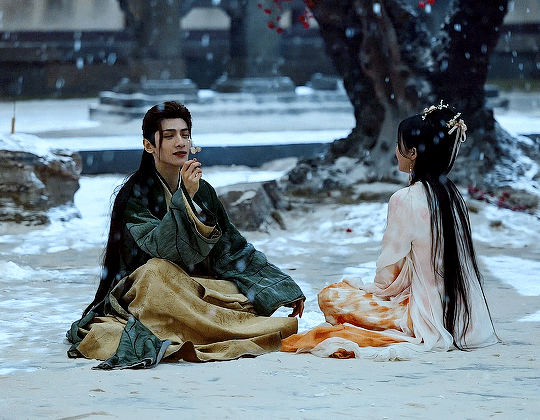
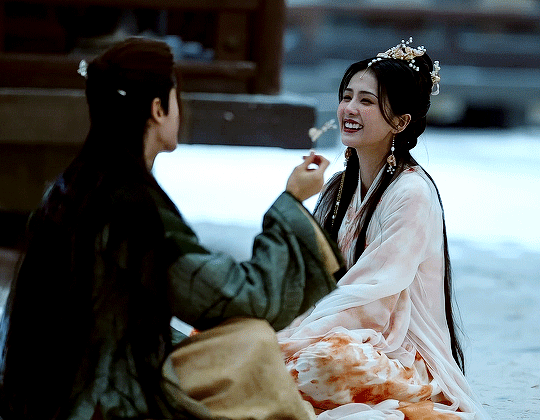

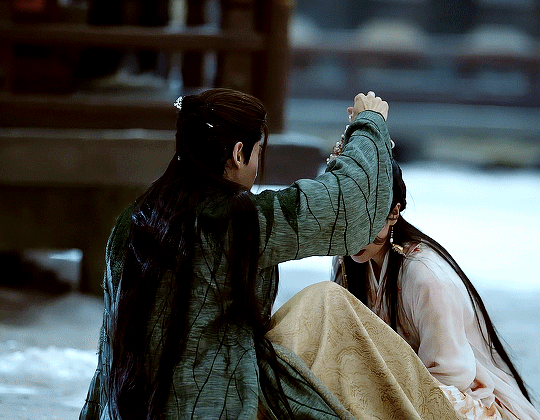
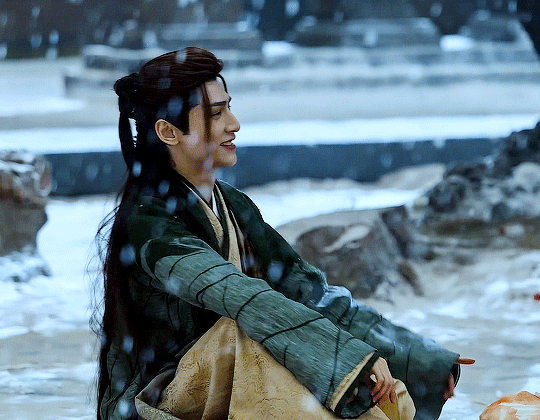
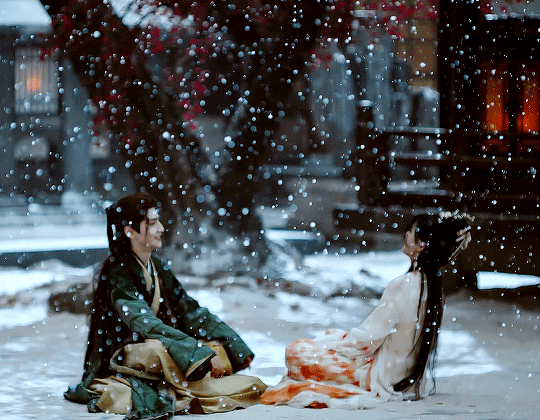

TILL THE END OF THE MOON 长月烬明 (2023) dir. Kuk Kok Leung | 1.07
2K notes
·
View notes
Photo








— “If I ignore a friend I have the ability to help, wouldn’t I be betraying him?”
ᴋɪʟʟᴜᴀ ᴢᴏʟᴅʏᴄᴋ ꜰᴏʀ @ɪᴛᴀᴅᴏʀɪɪ-ʏᴜᴜᴊɪ ❀ ʜᴀᴘᴘʏ ʙɪʀᴛʜᴅᴀʏ ʟɪꜱᴇᴛᴛᴇ❢ ♥
694 notes
·
View notes
